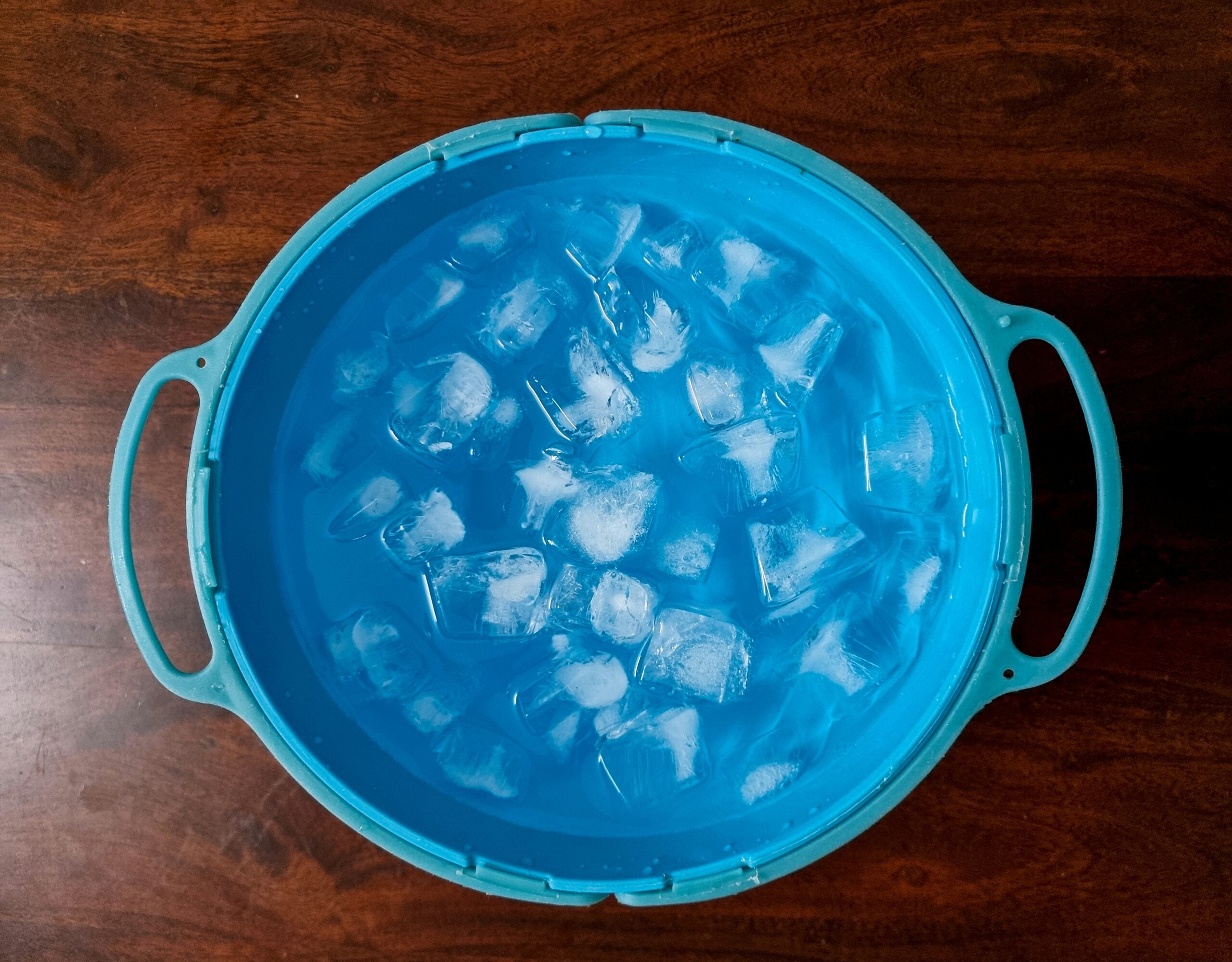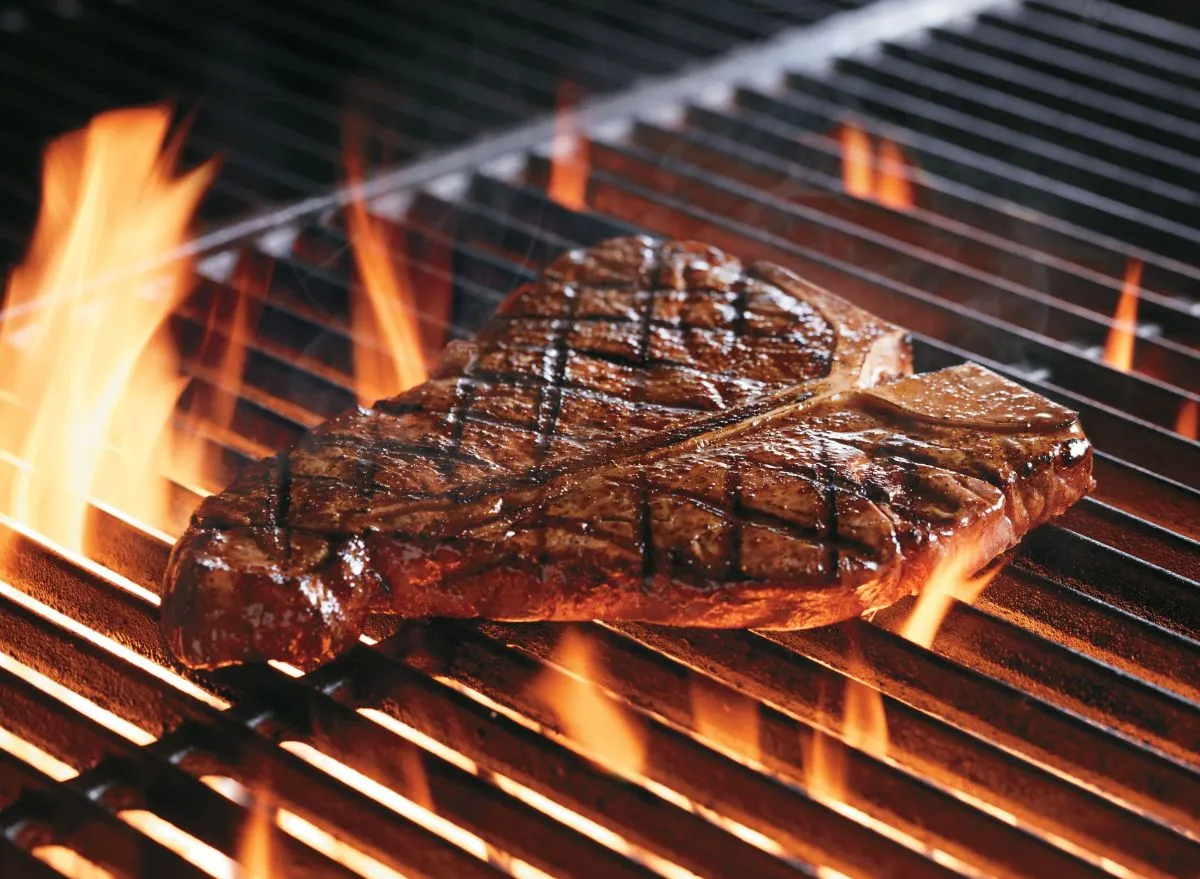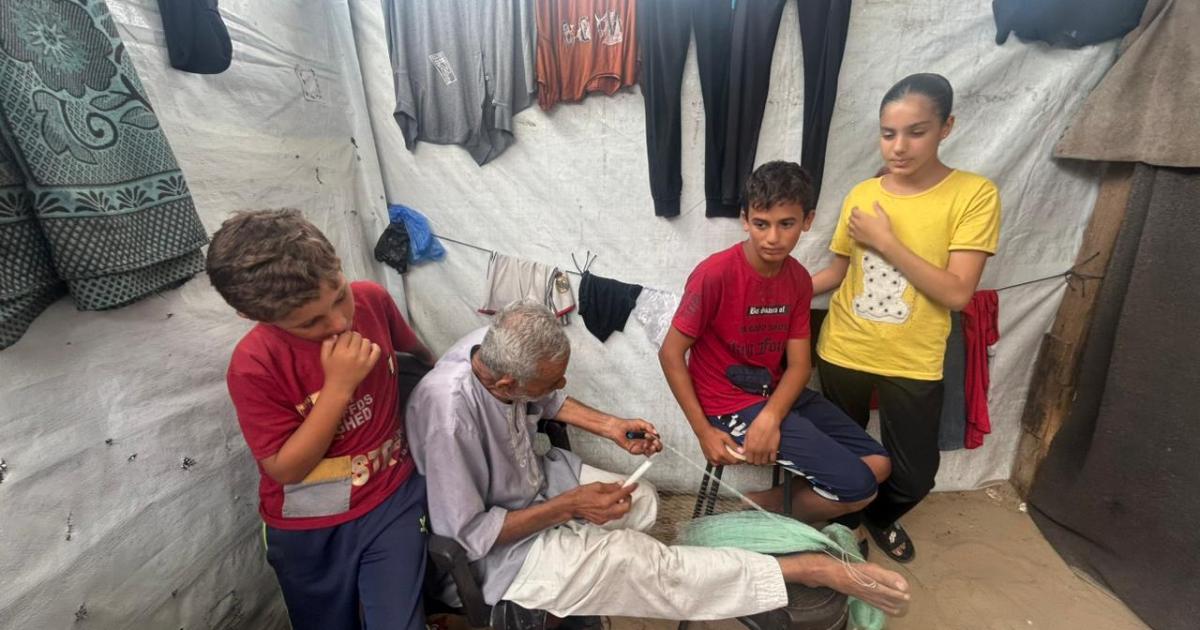Vitamin B12 Deficiency Symptoms In Winter: Have you been diagnosed with Vitamin B-12 deficiency? Here are the top 5 red-coloured superfoods that you can consume during winter to ward off the condition naturally.

Vitamin B12 Deficiency Symptoms In Winter: Winter is almost here! Along with the chilly mornings, warm meals, and shorter days, the sudden temperature change also brings tons of health issues – one of which is Vitamin B12 deficiency. From extreme fatigue to mood swings, an acute deficiency of this vitamin in the body not only hampers your overall health. While there are several ways to tackle the condition naturally, one of the best ways is to understand the causes and track the symptoms as early as possible.
In this article, we will be sharing the top signs and symptoms that you may notice in your body when your Vitamin B12 levels go down drastically, and the top 5 red coloured foods that can help your body deal with the problem.
What Is Vitamin B12?
Vitamin B12, also known as cobalamin, is an essential nutrient that plays a vital role in red blood cell formation, brain and nerve function, and DNA production. Studies have shown that an acute deficiency can lead to anaemia, nerve damage, and chronic tiredness. While the deficiency can show up at any time of the year, in this article, we have highlighted the top warning signs that can show up in your body when you are suffering from this vitamin deficiency during the colder months of the year.
Vitamin B12 Deficiency Symptoms In Winter
How to know if your Vitamin B12 level is too low? Here are the top warning signs you should never ignore:
Constant Tiredness and Weakness
A sudden drop in your overall Vitamin B12 levels can affect your energy and make you feel more lazy and energy-deprived. Therefore, feeling drained even after full sleep or rest.
Pale or Yellowish Skin
A sudden change in your skin colour, texture, and overall skin health is also a sign that your Vitamin B12 levels are too low. Studies have shown that a patient dealing with Vitamin B12 deficiency suffers from low red blood cell count, which can make his/her skin appear dull or pale.
Cold Hands and Feet
Another warning sign that one should never ignore is cold hands and feet. Apart from poor heart health, this can also indicate a low level of Vitamin B12 in the body. This mainly happens due to inadequate blood circulation in the body, which leads to the onset of anaemia, triggering cold extremities.
Numbness or Tingling
A tingling or pins-and-needles sensation in the hands and feet indicates nerve issues linked to low B12.
Mood Changes and Poor Memory
Low levels can lead to irritability, brain fog, and mild depression.
Sore or Swollen Tongue
Redness, swelling, or mouth ulcers are subtle signs of deficiency.
Digestive Problems
Appetite loss, constipation, or unintentional weight loss.
Experts have warned that if anyone notices the above-mentioned signs and symptoms, it clearly indicates that his/her body is dealing with something serious and that he/she need to take it as an urgent indicator for health checkups.
Vitamin B12 Deficiency Management Diet Tips
Now that you know what your body may show when there is a deficiency of Vitamin B12 in the system, make sure to never ignore them. Here is a list of the top 5 red-coloured foods that you can add to your diet in winter to beat the conditon naturally and to keep your body safe from the side effects:
Fortified Breakfast Cereals
The first food that you can add to your diet to beat Vitamin B12 deficiency symptoms is breakfast cereals. Yes, you read that right! Experts have stated that breakfast cereals are fortified with Vitamin B12 and iron, making them ideal for vegetarians. Just ensure to choose options that mention “B12 fortified” on the label.
Beetroot
Beetroot or Chukandar is another great winter superfood that you may consider adding to your daily diet routine when dealing with Vitamin B12 deficiency. Studies have shown that this superfood is rich in folate, iron, and nitrates that support red blood cell formation and oxygen flow
Pomegranate
Pomegranate seeds, also known as anar in India, are another great Indian ingredient that is vibrant red and packed with antioxidants that improve blood circulation and fight fatigue. While not a direct B12 source, it supports overall blood and heart health.
Red Bell Peppers
These bright red vegetables are rich in Vitamin C, which helps your body absorb Vitamin B12 and iron more efficiently.
Fortified Plant-Based Milk (Soy, Almond, Oat, or Coconut)
Most plant-based milks available today are fortified with Vitamin B12 and Vitamin D both crucial during winter.
How Much Vitamin B12 Is Too Much?
As we know, the body may show certain signs and symptoms when there is an acute deficiency of Vitamin B12 in the body. When it comes to understanding how much Vitamin B12 is needed by the body to stay safe, experts say that an adult requires around 2.4 micrograms of Vitamin B12 per day. While the same differs for those who are pregnant and breastfeeding – they need slightly more Vitamin B12.
Follow TheHealthSite.com for all the latest health news and developments from around the world.
Subscribe to Our Newsletter Today!















Leave a Reply